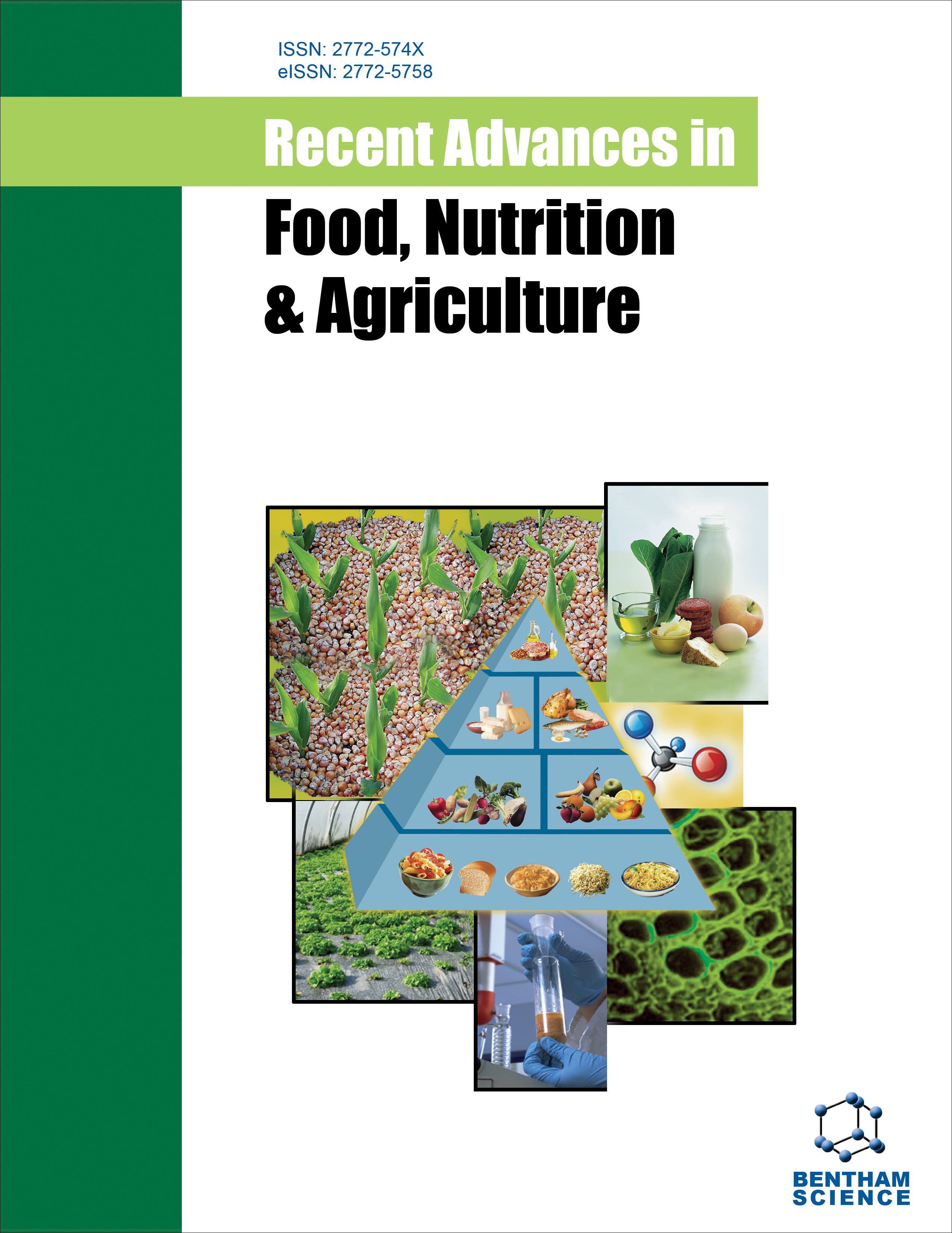
Full text loading...

India, the second-largest producer of fruits and vegetables globally, generates significant quantities of agricultural by-products such as bran, husk, and seeds due to its rapidly expanding food processing sector. These by-products offer valuable opportunities for the extraction of dietary fiber and bioactive components, which can be incorporated into functional foods and nutraceutical products to address growing health concerns. Dietary fiber, an indigestible component of plant-based foods, can be classified into soluble and insoluble forms. Soluble fibers, derived from sources such as oat bran, barley, lentils, and certain fruits and vegetables, are rich in pectin, beta-glucans, and inulin. Insoluble fibers, found in wheat bran, cereal grains, and vegetables, primarily consist of cellulose and hemicellulose. This review explores the potential of dietary fiber in disease management, its diverse sources, and its application in functional and nutraceutical products. Regular intake of dietary fiber is associated with a reduced risk of coronary heart disease, stroke, hypertension, diabetes, obesity, and various gastrointestinal disorders. Soluble fiber, in particular, improves glycemic control and insulin sensitivity, while fiber supplementation aids in weight management among obese individuals. Additionally, increased fiber consumption is linked to lower blood pressure and serum cholesterol levels. Dietary fiber also alleviates gastrointestinal conditions such as gastroesophageal reflux disease, constipation, and hemorrhoids, while prebiotic fibers enhance immune function. Despite its proven benefits, consumer awareness regarding dietary fiber remains insufficient. Enhancing communication and education on the importance of fiber-rich foods and supplements is essential to promote their widespread consumption and leverage their health benefits effectively.

Article metrics loading...

Full text loading...
References


Data & Media loading...